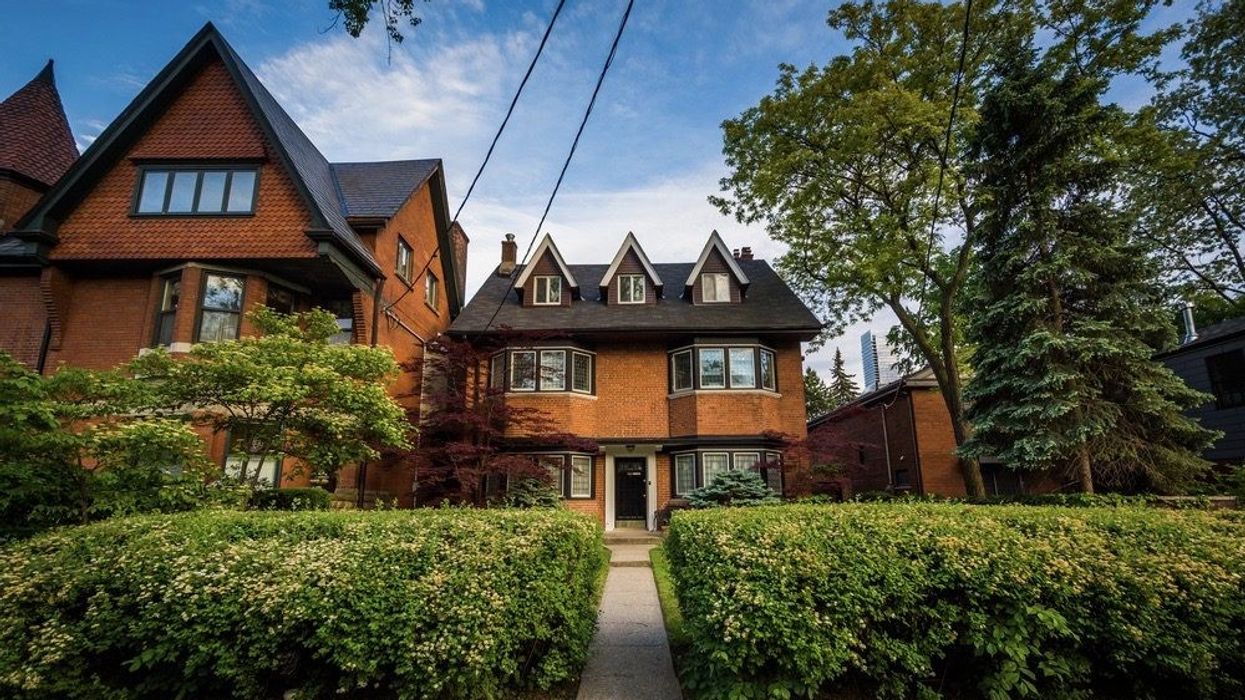A new motion set to go before Toronto City Council on Wednesday would encourage the owners of single-family homes to convert their residences into multi-unit properties.
The motion, brought forward by Councillor Josh Matlow, requests that City staff report back to Council with a strategy for incentivizing these conversions.
Toronto has seen some of the country's fastest growing prices throughout the pandemic. Limited inventory has led to fierce bidding wars landing at increasingly unaffordable prices, forcing many aspiring homeowners to give up on their dream of buying a place of their own. The purpose of the conversion incentives, Matlow writes in the motion, is to help open up access to Toronto neighbourhoods by providing more opportunities for homeownership while also supporting aging in place for the city's residents.
"The City of Toronto needs to help ensure that residents can afford to live in our neighbourhoods," Matlow said in a statement to STOREYS. "There are too many older adults who want to age at home, in their communities, and too many young people who have given up on their dreams to ever have a home of their own. That's not acceptable. This motion will contribute toward providing residents, in a city that has become too expensive to live in, more affordable options that are desperately needed."
The motion references recent Canadian Centre for Economic Analysis numbers, which estimate that there are over 5M empty bedrooms in Ontario. A significant percentage of those are likely in Toronto, the motion notes.
Lessening the Financial Barrier
A number of possible supports for multi-unit conversions -- largely financial -- are outlined in the motion, with City staff directed to investigate their feasibility. The first is to no longer require that the $10,183 Plan of Condominium Approval fee be paid by single-family homeowners who are retrofitting their Toronto homes into a multi-unit dwelling. Under City Planning’s current fee structure, this payment is required of every applicant from large developers to single-family homeowners.
If the motion passes, City staff would also be directed to look at establishing a loan program to finance work done to convert a residence into multiple units, with the loan repayable upon the sale of the unit. And in another attempt to limit costs, specifically legal and planning costs, the motion requests that staff study the feasibility of creating a "one stop shop" with legal, planning, and permit support for homeowners looking to make the conversion.
Matlow notes in the motion that City Planning would need to ensure that any recommendations brought forward would not incentivize current rental property owners to turn their units into condos.
City staff would be given a full year to complete their analysis, with the motion calling for them to report back to Council in the second quarter of 2023.
City Council will vote on the motion during their May 11 meeting.





















